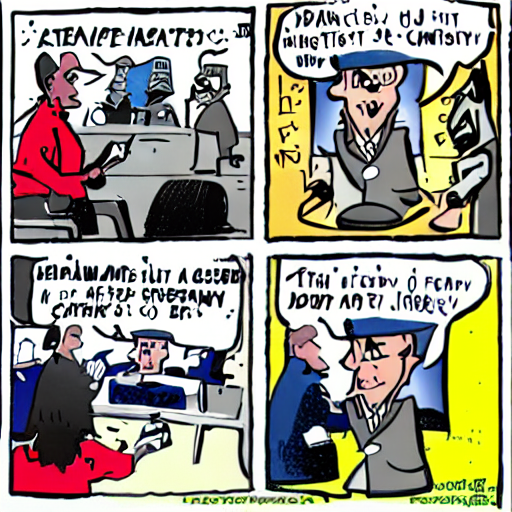A Dangerous DisconnectIn an era defined by increasingly polarized political landscapes, the concept of civic duty faces a grave challenge.
The erosion of bipartisanism and the rise of partisan identities have created deep divides within societies, threatening the very fabric of democratic governance.
Civic duty refers to the obligations that citizens have towards their community and government.
It includes active participation in political processes, such as voting, volunteering, and engaging in political discourse.
When citizens fulfill these obligations, it strengthens democracy by ensuring that the government is responsive to the needs and aspirations of the people.
However, political polarization has undermined the sense of civic duty among many citizens.
Partisan animosity and the perception of the “other” as an enemy have made it difficult for individuals to engage in constructive political dialogue.
The result is a loss of trust in government and a decline in political participation.
This disconnect between political polarization and civic duty poses a serious threat to democracy.
When citizens withdraw from the political process, they essentially cede control of their government to those who are most active and engaged.
This can lead to a situation where the interests of the majority are ignored in favor of narrow partisan agendas.
Moreover, political polarization often leads to the suppression of dissenting voices and the exclusion of marginalized communities from the political mainstream.
This undermines the principles of representation and equality that are essential to a just and inclusive society.
To address this challenge, it is imperative that we foster a culture of civility and respect in our political discourse.
We must reject the notion of the “enemy” and recognize that our political adversaries are also fellow citizens who share a common interest in the well-being of our communities.
Educating citizens about the importance of civic duty and promoting opportunities for nonpartisan political engagement can help to rebuild trust and foster a more inclusive political environment.
By encouraging dialogue, compromise, and cooperation, we can work towards a society where political polarization does not undermine our fundamental obligations to each other.
Furthermore, political institutions must play a role in reducing polarization and promoting civic duty.
Electoral reforms, such as ranked-choice voting or proportional representation, can mitigate the effects of the two-party system and give citizens a greater voice in elections.
Transparent campaign finance regulations can help to limit the influence of partisan interests and ensure that the interests of all citizens are considered.
By addressing the disconnect between political polarization and civic duty, we can strengthen our democracies, ensure that our governments are responsive to the needs of the people, and create a more just and inclusive society for all.

